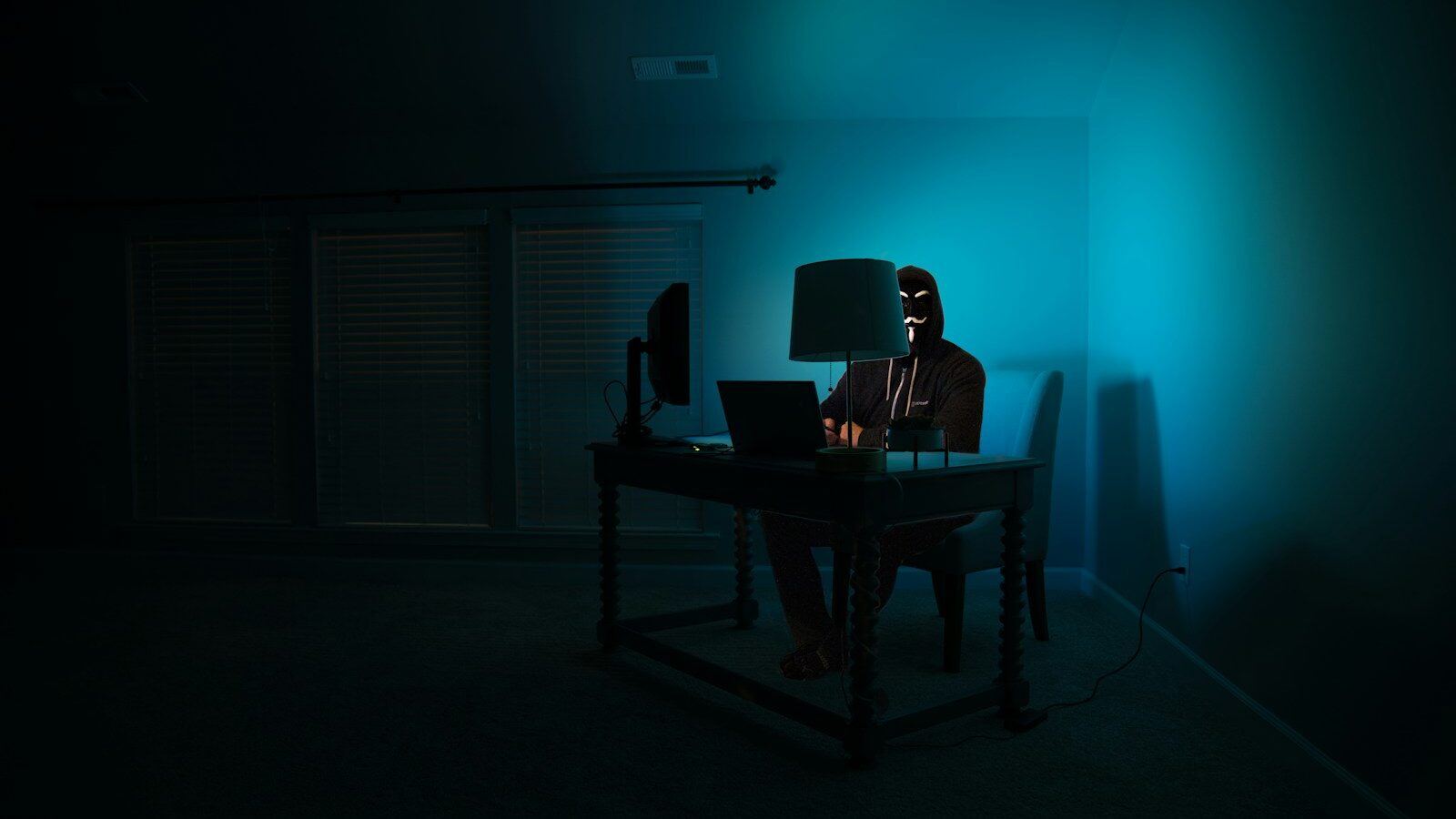Ramadan, the 9th month in the Islamic calendar, is eagerly anticipated by Muslims around the globe.
For me, Ramadan is a time to reset spiritually, reconnect with my religion and reflect on my motivations. Working an intellectually demanding job with a reduced supply of food and water is a challenge I, and others like me, accept on an annual basis for one reason only: dedication to our religion.
Personally, I find this commitment inspiring. Putting aside your own goals and desires for a higher purpose is truly selfless.
In this article, I am not going to explain the meaning behind Ramadan or the ins and outs of fasting (my colleague Fahim wrote a brilliant article for HRZone that does a better job than I would do).
Instead, I am going to focus on my observations from the working world and my interactions with fellow Muslim colleagues across various organisations. What works, what doesn’t and how it could be improved, all from the perspective of a working Muslim woman.
a safe space to discuss concerns and answer questions from those who have an interest in learning more about the Islamic way of life.
Let’s start with the positives.
The biggest win for me is the sheer quantity of high-quality materials available about Ramadan to the average employee. These may be produced by Muslim colleagues who are excited about this special month or by DEI committees intent on creating awareness.
Couple that with articles and videos available on various social media platforms and all over the internet, claiming ignorance in this day and age is quite difficult.
Alongside this, I have found (on the whole) corporations are supportive of employees finding like-minded counterparts at work through employee networks.
As co-lead for my organisation’s Muslim Network, my aim is to not only provide a community for my fellow Muslims but also a safe space to discuss concerns and answer questions from those who have an interest in learning more about the Islamic way of life.
set time up to discuss the way of working that would least affect my productivity but still give me a work-life balance.
Belonging is key
Employees who feel like they belong are going to be happier and therefore be more productive leading to an increase in company profits. Companies show their support to networks such as mine by providing budget, showcasing events in companywide newsletters, and encouraging employees to take time out of their day jobs to participate in these networks.
Finally, something new introduced to me this year was making the most of flexible working arrangements. My manager was thoughtful enough to set some time up with me a couple of weeks ago to discuss the way of working that would least affect my productivity but still give me a work-life balance.
I appreciate it may not be simple for a lot of working Muslims who are dependent on fixed shift patterns. However just the initiation of this conversation by managers to discuss the best way forward, I’m sure would be welcomed by my Muslim brothers and sisters and would take the fear of “asking for too much” away.
Now, my observations of “the bad”.
The biggest one that sticks out to me is the issue of representation. Specifically, representation in the right forums to ensure decision-making is taking into consideration people’s religious beliefs, cultural practices, identity etc.
One example of this that I have experienced would be holding significant work socials (centred around eating and drinking) during this month, and then highlighting poor attendance and engagement from Muslim colleagues.
For a lot of Muslims Ramadan is a time to self-reflect and refocus, and to spend an evening watching others eat and drink when your social battery is on the blink doesn’t seem like my ideal evening.
“it didn’t cross out minds”
“We were not aware”
When asked why the decision was made to hold this event during this period instead of postponing the event for a couple of weeks, the reason given was “we were not aware”. As mentioned above, with the proliferation of so much material, training sessions and workshops on the topic, this excuse did seem like a bit of a cop-out.
From my perspective, the reason “it didn’t cross out minds” is probably more apt, and this was further amplified when I discovered there was no representation on that events committee who could have provided the insight.
However, saying that, I completely understand it is not feasible to have a person from every single faith, race, gender identity etc. on a panel – we as human beings are so beautifully diverse, trying to create such a panel would probably result in “too many cooks”.
So how do we make sure that there is sufficient representation to avoid embarrassing episodes such as the one mentioned above?
it is no longer enough to say “I didn’t know”.
Simple – self-reflection.
Those in seats of powers have the responsibility to ensure that they are representative of the diverse teams they serve. Through self-reflection, areas of ignorance can be identified and filled with the required knowledge, and as mentioned above, the resources available are numerous and concise.
But the onus is on the individual to seek out that knowledge, it is no longer enough to say “I didn’t know”.
Those in leadership positions also have the obligation to show their support through their messaging and their involvement. Initiating conversations, sending out practice-wide communications and attending focused events hosted by the network are all ways that leaders can show allyship to Muslim colleagues.
The importance of language
The language used by leaders during this time is also extremely vital. For example, a mention of productivity issues for Muslim colleagues during this time is neither helpful nor conducive to the conversation. Managers should plan for a potential of lower productivity in the same way they predict this for the Christmas and summer holiday periods.
My closing thoughts, we have come a long way, but we still have a way to go to ensure representation and knowledge of Muslim colleagues who are fasting is available in the right spaces.
As a network co-lead, I try and foster an environment to openly talk about issues such as these and provide events and articles to create awareness.
But ultimately it is the responsibility of the individual to learn, and through their learning create an inclusive environment, not only for their Muslim colleagues but also for others of diverse backgrounds.
Interested in this topic? Read Ramadan: An opportunity of understanding and inclusion
[cm_form form_id=’cm_65a14c3f5da64′]










One Response
Islam has always been a
Islam has always been a religion that has interested me. I could definitely educate myself about the religion, but from the outside looking in, it is something that is taken seriously. The post highlights the holy month of Ramadan, and there is much more to learn about it. The level of dedication and respect that followers of Islam have is truly something special. I am sure that it takes a strong level of focus and patience to abstain from the temptations. The topic point stating “Belonging is Key” is so important in today’s workforce. When employees feel that they are in an environment that truly welcomes them and supports what they are involved in, they are more inclined to staying and being more productive. With this being said, productivity should not be a main motivator for being more inclusive. Another point that stood out to me is the bit on self-reflection. I wholeheartedly agree that simply saying “I didn’t know”, is not enough anymore. There are far too many resources available for an individual to educate themselves on certain topics and be respectful towards the religions of others. More effort must be made to see other people that may be different. Once the workforce buys into this, more holistic and welcoming environments will be easier to achieve.